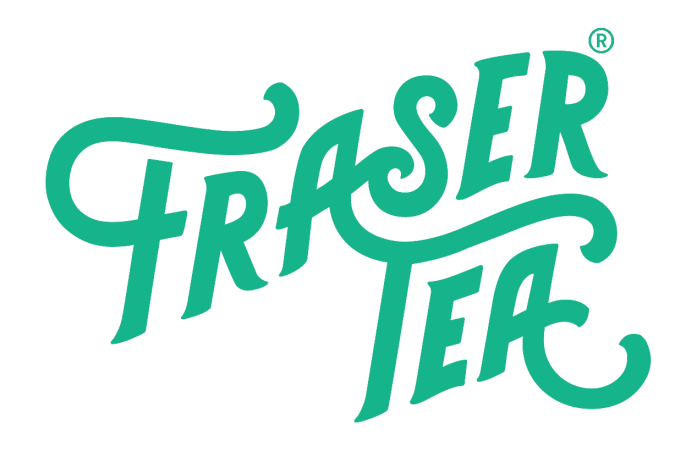

Rare Earth Group, INC (DBA: Fraser Tea)

Michigan, United States
June 2023
Beverages
Manufacturing
United States
Fraser Tea is a small family business driven by a shared passion for tea, community well-being, and environmental preservation. As tea sommeliers and master blenders, we are dedicated to offering an exquisite tea experience while ensuring the highest standards of quality and sustainability. Sourcing Excellence: We take pride in sourcing premium organic teas from small co-op and fair-trade farms worldwide. Our commitment to quality means that we meticulously select tea leaves that meet our stringent standards, guaranteeing an exceptional taste and aroma in every cup. By working closely with our affiliate farms, we foster mutually beneficial relationships, prioritizing organic practices and fair treatment of workers. Fraser Verified Program: To maintain transparency and uphold our values, we go the extra mile. Through our Fraser Verified program, we personally visit farms to ensure that they adhere to organic standards and maintain fair working conditions. This firsthand verification process allows us to build trust with both our farmers and customers, providing assurance that every cup of Fraser Tea is sustainably and ethically produced. Thoughtfully Crafted Blends: We believe that everyone should have access to premium whole leaf tea. That's why our master blenders skillfully cra
Overall B Impact Score
Governance 10.9
Governance evaluates a company's overall mission, engagement around its social/environmental impact, ethics, and transparency. This section also evaluates the ability of a company to protect their mission and formally consider stakeholders in decision making through their corporate structure (e.g. benefit corporation) or corporate governing documents.
What is this? A company with an Impact Business Model is intentionally designed to create a specific positive outcome for one of its stakeholders - such as workers, community, environment, or customers.
Workers 24.7
Workers evaluates a company’s contributions to its employees’ financial security, health & safety, wellness, career development, and engagement & satisfaction. In addition, this section recognizes business models designed to benefit workers, such as companies that are at least 40% owned by non-executive employees and those that have workforce development programs to support individuals with barriers to employment.
Community 39.2
Community evaluates a company’s engagement with and impact on the communities in which it operates, hires from, and sources from. Topics include diversity, equity & inclusion, economic impact, civic engagement, charitable giving, and supply chain management. In addition, this section recognizes business models that are designed to address specific community-oriented problems, such as poverty alleviation through fair trade sourcing or distribution via microenterprises, producer cooperative models, locally focused economic development, and formal charitable giving commitments.
What is this? A company with an Impact Business Model is intentionally designed to create a specific positive outcome for one of its stakeholders - such as workers, community, environment, or customers.
Environment 31.0
Environment evaluates a company’s overall environmental management practices as well as its impact on the air, climate, water, land, and biodiversity. This includes the direct impact of a company’s operations and, when applicable its supply chain and distribution channels. This section also recognizes companies with environmentally innovative production processes and those that sell products or services that have a positive environmental impact. Some examples might include products and services that create renewable energy, reduce consumption or waste, conserve land or wildlife, provide less toxic alternatives to the market, or educate people about environmental problems.
What is this? A company with an Impact Business Model is intentionally designed to create a specific positive outcome for one of its stakeholders - such as workers, community, environment, or customers.
Customers 3.2
Customers evaluates a company’s stewardship of its customers through the quality of its products and services, ethical marketing, data privacy and security, and feedback channels. In addition, this section recognizes products or services that are designed to address a particular social problem for or through its customers, such as health or educational products, arts & media products, serving underserved customers/clients, and services that improve the social impact of other businesses or organizations.